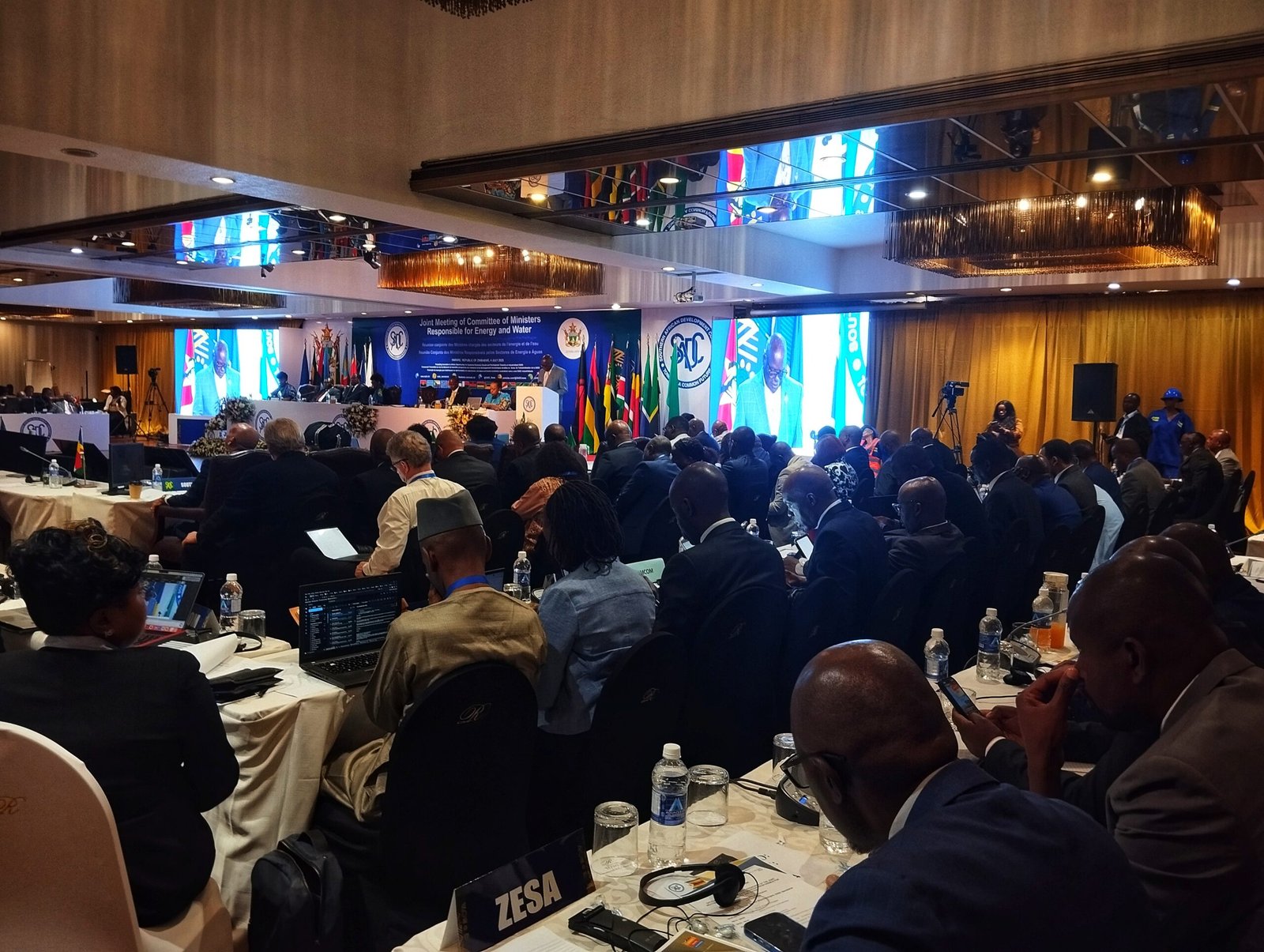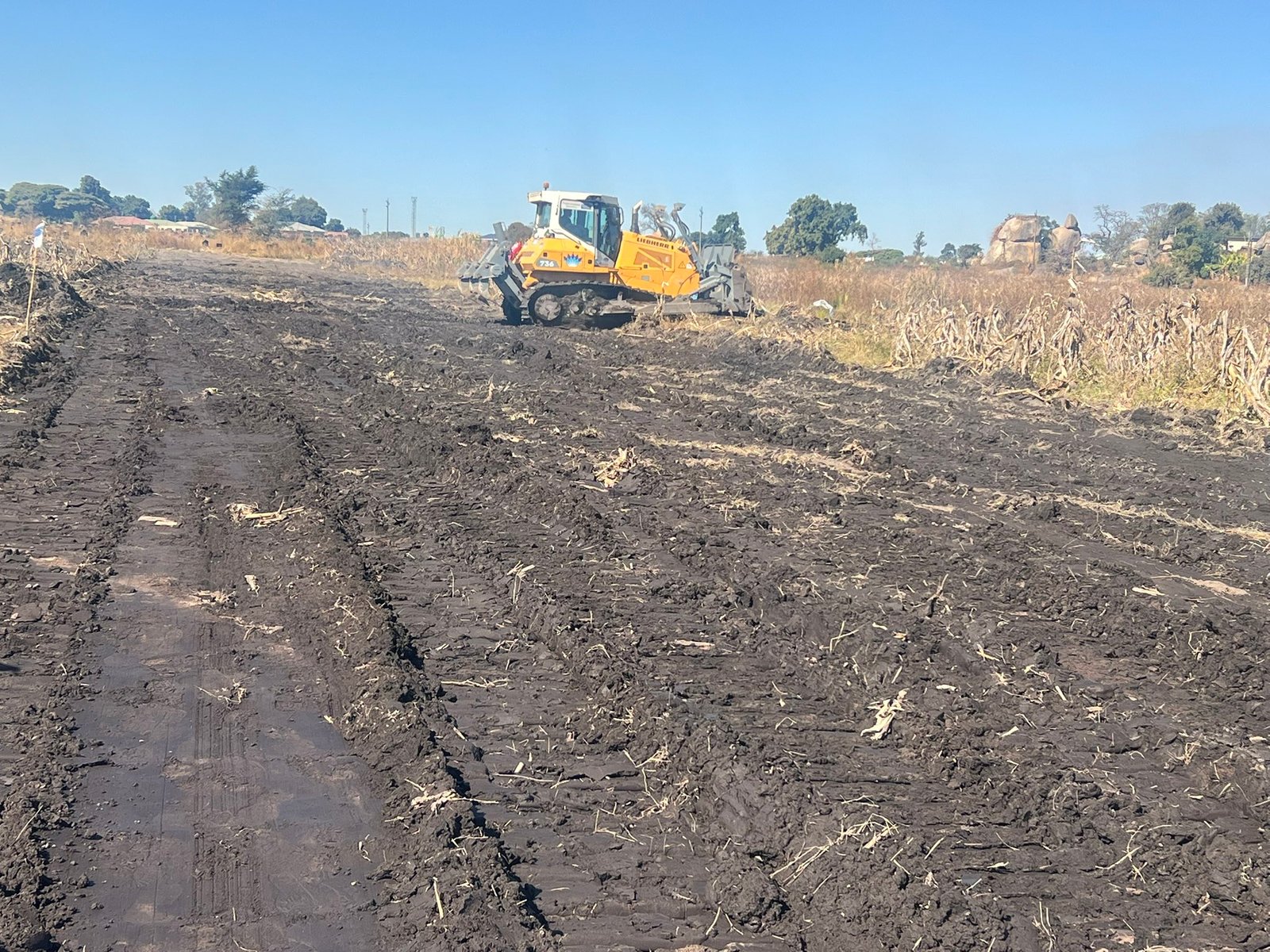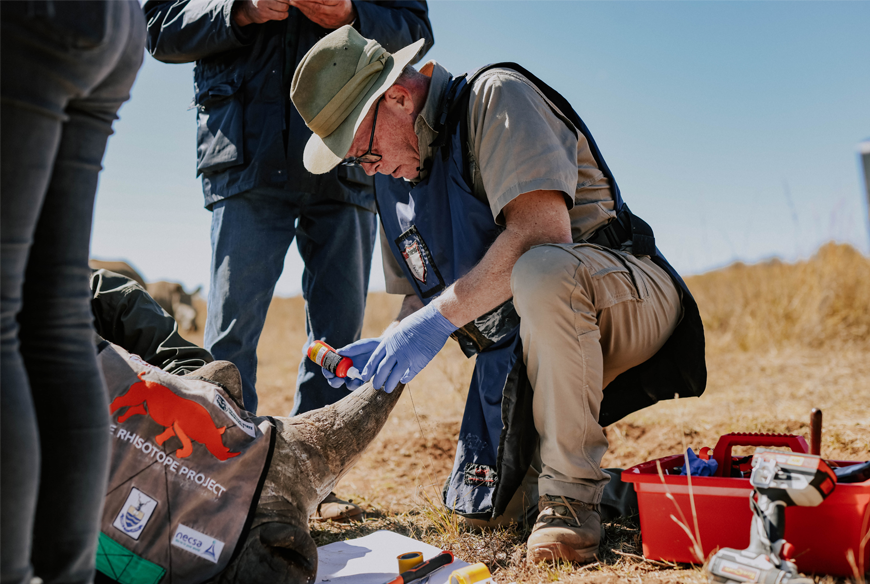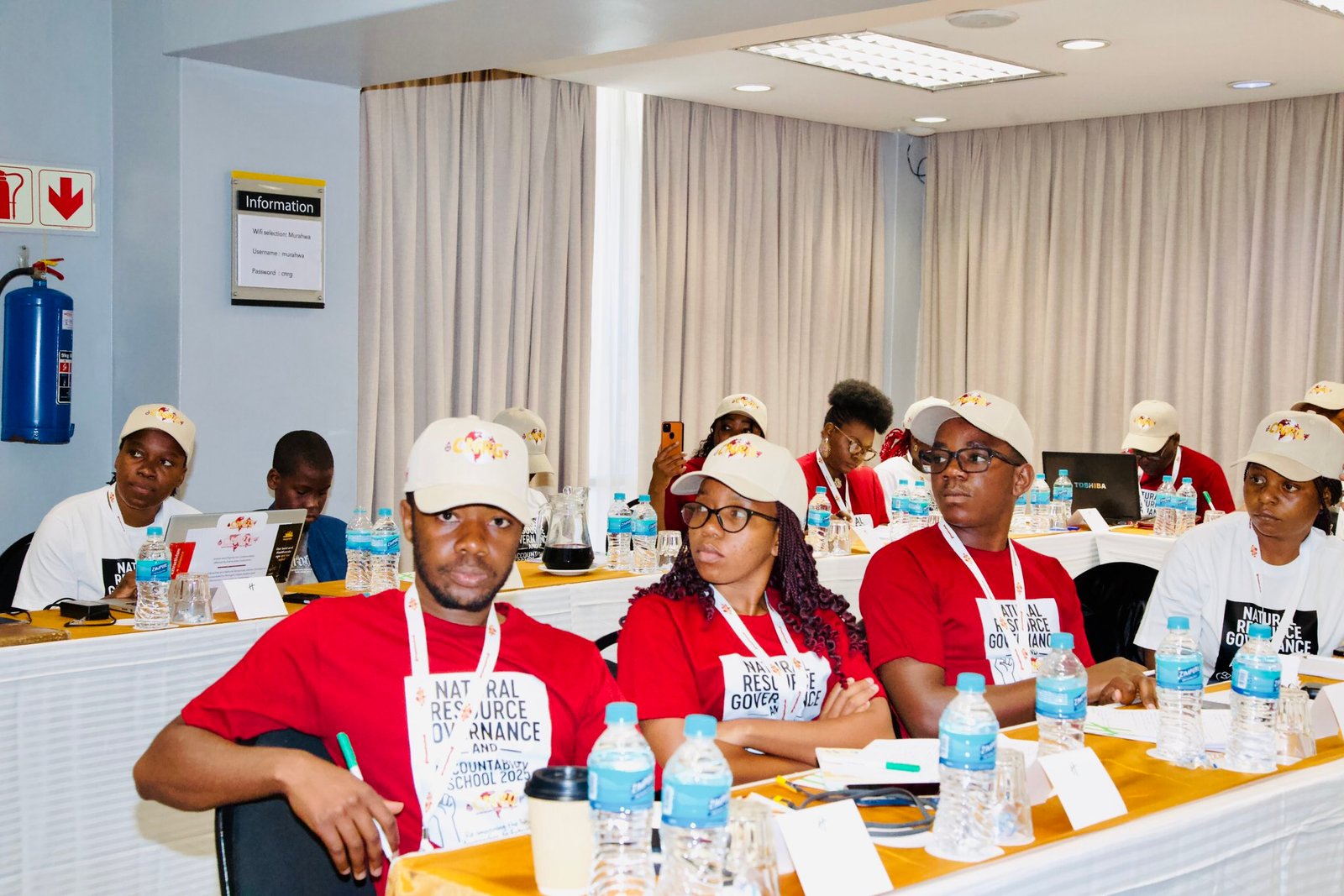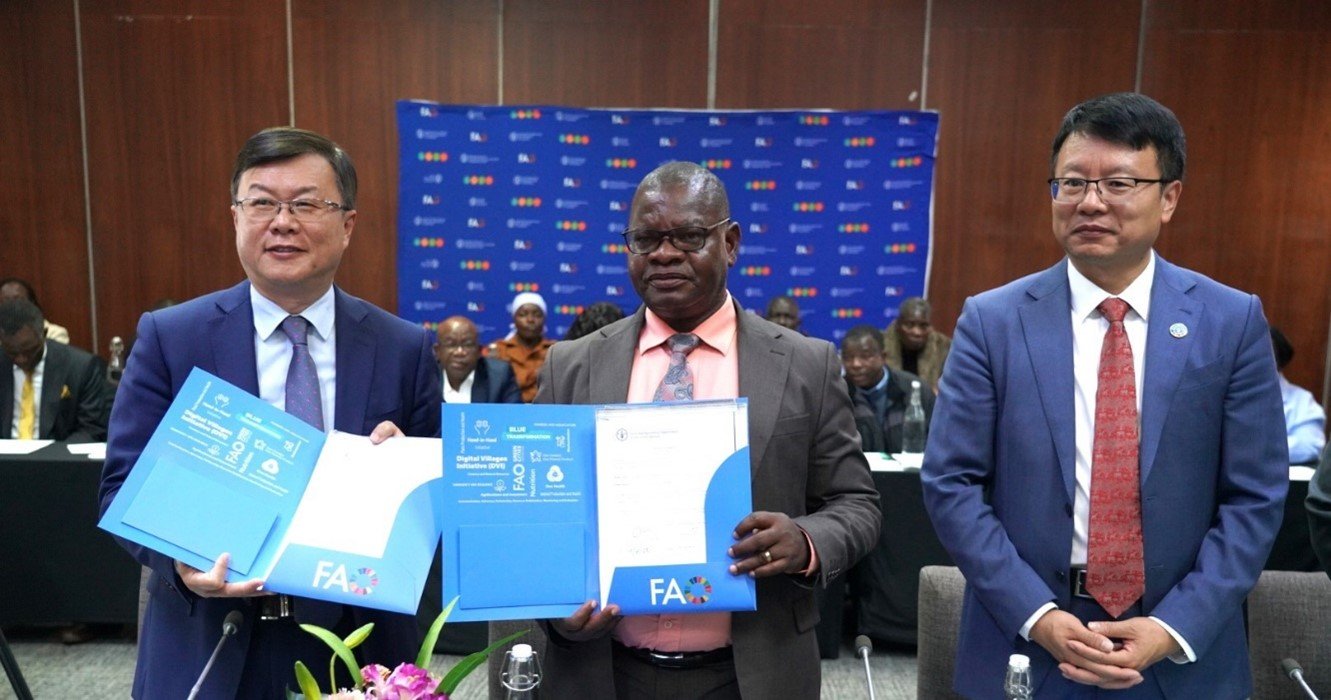Ministers responsible for energy and water in the Southern African Development Community (SADC) have called for coordinated regional action to address worsening water and energy crises, warning that failure to respond could jeopardise development, economic stability, and social well-being across the bloc.
At the Joint Meeting of SADC Ministers Responsible for Energy and Water held in Harare, Zimbabwe’s Minister of Energy and Water Development, July Moyo, said the region was facing mounting pressure due to rapid population growth, ageing infrastructure, underinvestment, and the increasing impacts of climate change.
“This meeting comes at a time when our region is under immense pressure from energy and water insecurity. None of our countries must be left behind. The time to act is now,” Moyo said.
Moyo said Zimbabwe was losing an estimated US$4 million annually due to the theft of electricity transformers, while vandalism continued to disrupt both energy and water infrastructure. He called for tougher law enforcement, the use of surveillance technologies, and public awareness campaigns to curb criminal activities targeting utility assets.
Despite efforts to expand domestic electricity generation, Zimbabwe continues to experience severe power shortages. National electricity demand exceeds 2,000 megawatts, while supply remains between 1,200 and 1,600 megawatts.
“Our energy mix remains heavily reliant on coal, and we must scale up investments in renewable energy to meet the growing demand,” Moyo said, adding that approximately 38% of Zimbabweans still lacked access to electricity. The government aims to achieve universal access by 2030.
He also emphasised the importance of regional integration in addressing energy challenges, urging the completion of key transmission infrastructure to connect Angola, Malawi, and Tanzania to the Southern African Power Pool (SAPP). Full connectivity, he said, would enable all mainland SADC member states to trade electricity, thereby improving access and supply reliability.
Moyo also highlighted the need for enhanced cooperation in the development of cross-border fuel pipelines and multipurpose dams to improve water security and support agricultural, industrial, and domestic needs.
SADC Executive Secretary Elias Magosi commended Zimbabwe for hosting the meeting and reiterated the urgency of a coordinated regional response.
“We are meeting at a pivotal time as our region grapples with intertwined water and energy challenges,” Magosi said.
“Despite progress, including the commissioning of 2,885 megawatts of new generation capacity in 2024 and 2025, we continue to face a shortfall of more than 4,500 megawatts.”
Magosi said regional integration remained critical for addressing infrastructure gaps and building resilience to climate shocks that are increasingly affecting energy and water systems across southern Africa.

